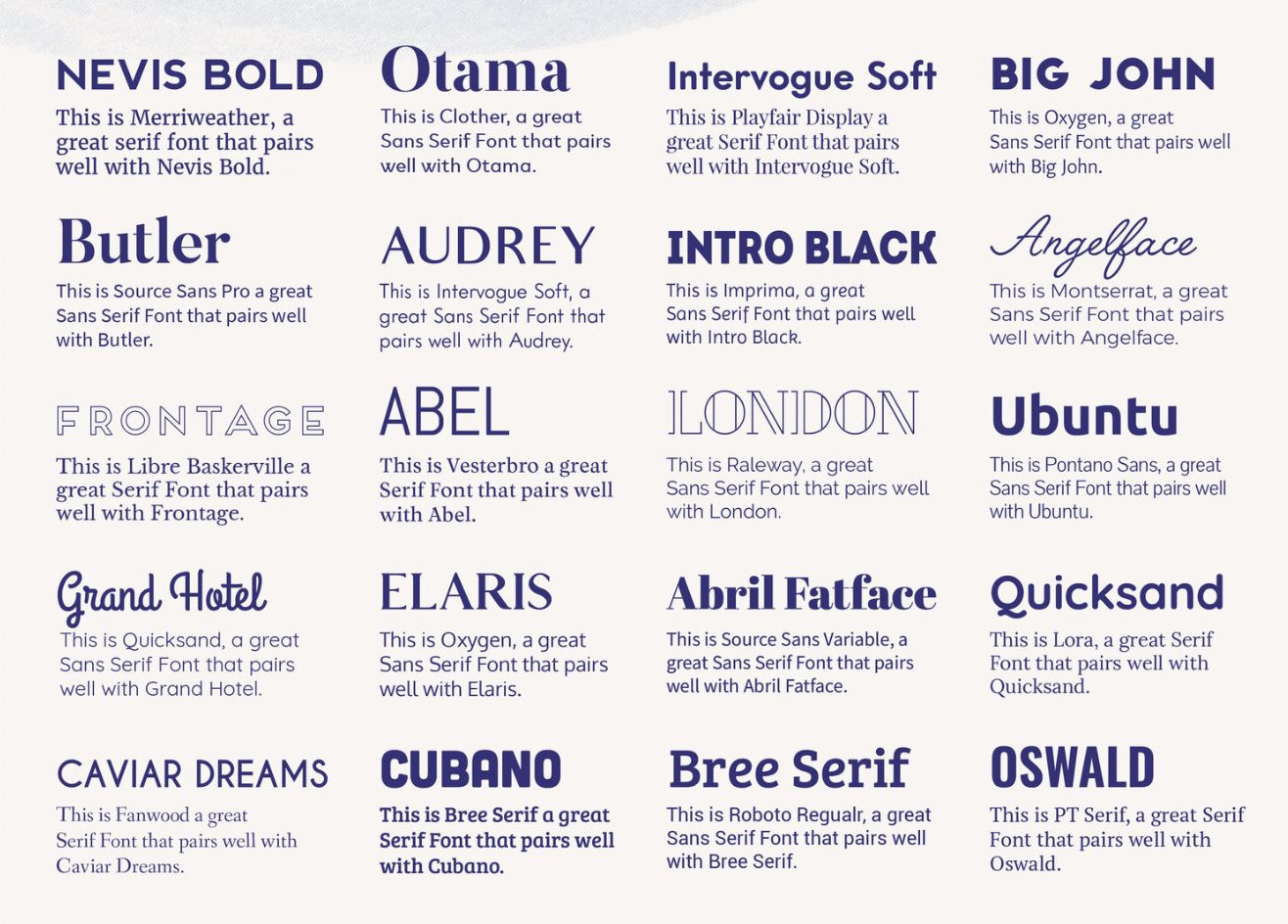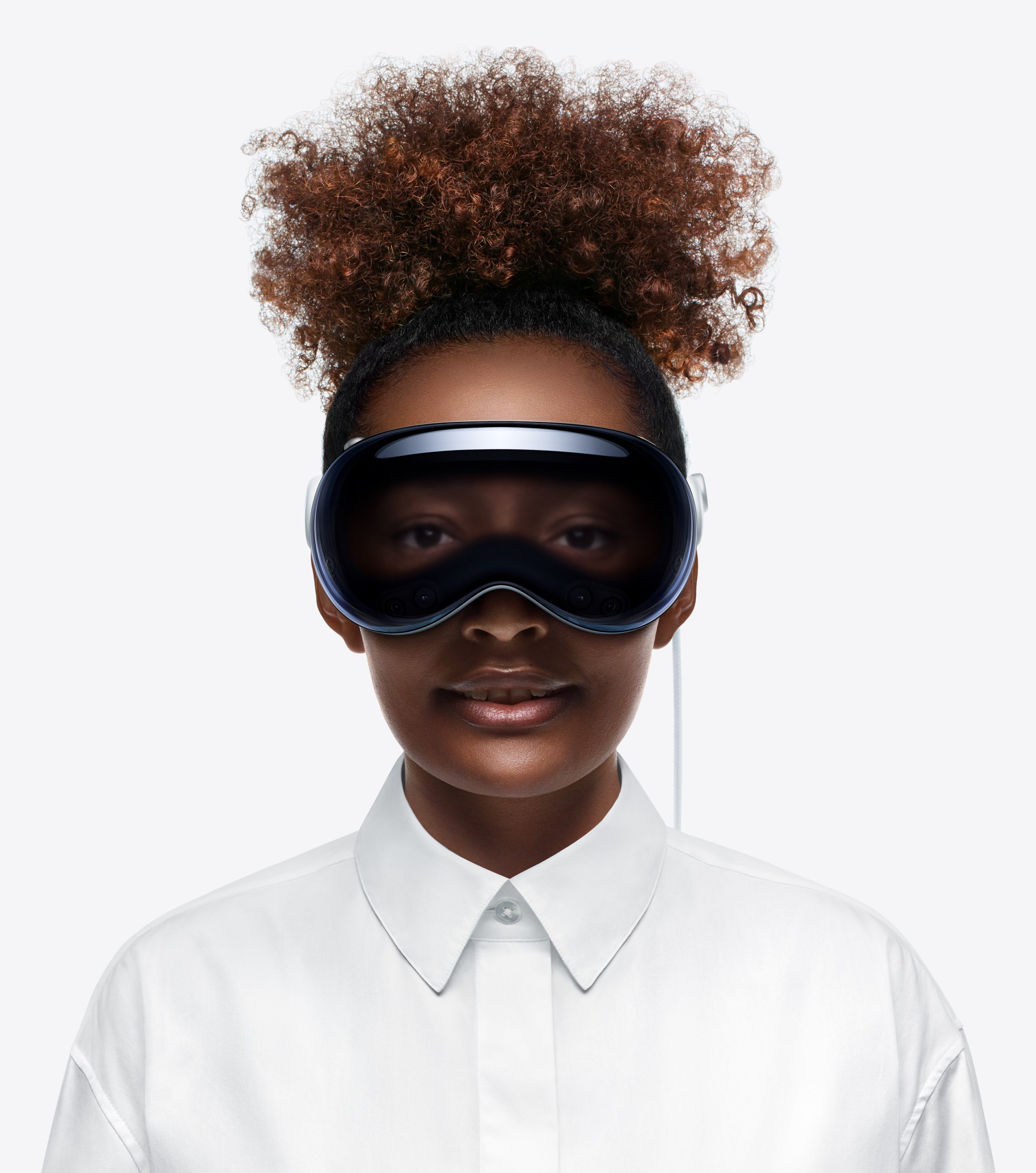Google Pixel camera vs. iPhone camera
Apple and Google are two of the biggest companies in the world with teams of innovative people. According to The Week Magazine, Apple reported having over 800 engineers working on the iPhone camera alone. This report is from 2015 and with all the advancements being made in the mobile photography space it’s not unfathomable that their iPhone camera team has grown beyond that. While I wasn’t able to find an exact number of employees working on the Google Pixel camera, we can assume they have quite a massive team as well.
In this blog post, we will delve into the nuanced distinctions between the iPhone and Pixel cameras including answers questions like:
Who developed the iPhone camera?
Who developed the Google Pixel camera?
Should I move from iPhone to Pixel?
Is Pixel safer than iPhone?
Who developed the iPhone Camera?
Jonathan Ive and Bob Mansfield were the first developers of the iPhone camera back in 2007. Jony Ive is a British industrial designer who is credited with designing the translucent plastic case of the iMac in 1998. He had a hand in many designs that came out of Apple from 1992 to 2019. He also voiced many WWDC presentations and Apple commercials. He left his post as chief design officer in mid-2019. Bob Mansfield is an American engineer working at Apple. While his path was a bit different from Jony Ive’s, it seems that he is still working for Apple, despite his less than 2 month retirement in the summer of 2012, on special projects directly under Apple’s CEO Tim Cook. He was reported to be working on Apple’s car project until 2020.
For a thorough guide on how to get the most out of your iPhone Camera, check out our iPhone Filmmaking Guide!
Who Developed the Google Pixel Camera?
Marc Levoy headed up the team that developed the Google Camera in 2011 which was later renamed the Pixel Camera. He is a renowned computer scientist and visionary in the field of computational photography. He is widely recognized for his groundbreaking work in developing the Google Camera app, which revolutionized smartphone photography by combining multiple images into a single high-quality shot. Levoy also played a crucial role in the development of the Light Field Camera, enabling users to capture images with depth information, opening up new possibilities for post-processing and creative manipulation.
Is Pixel safer than iPhone?
The question of whether Pixel is safer than the iPhone camera is subjective and depends on various factors. When it comes to privacy and data security, both Pixel and iPhone take measures to protect user information. Both smartphones have secure operating systems and offer features like encryption, biometric authentication, and app permissions control.
However, Google's Pixel devices are known for their tight integration with the company's services, which may raise concerns for some users. Google often collects and analyzes user data to improve its services and provide targeted ads. While Pixel users can opt-out of certain data sharing practices, it's important to consider the implications of Google's data-centric business model.
On the other hand, Apple has built a reputation for its commitment to user privacy, claiming that it doesn't collect user data for targeted advertising. The iPhone's operating system, iOS, is considered to be highly secure, with regular updates and a strong focus on privacy protection. Apple's emphasis on encryption and user control over data has garnered trust among many users concerned about privacy.
Ultimately, the choice between Pixel and iPhone in terms of safety boils down to personal preferences and priorities. While Pixel's integration with Google services may lead to more personalized experiences, some users may prefer Apple's approach to privacy and data protection. It's essential for individuals to research and evaluate the privacy features and policies of both devices before making a decision.
For a thorough guide on how to get the most out of your iPhone Camera, check out our iPhone Filmmaking Guide!
Should I move from iPhone to Pixel?
As a writer at Initial Focus Media, I understand that choosing the right smartphone can be a tough decision. The question of whether to switch from an iPhone to a Pixel device is a common one in today's tech-driven world. While both brands have their advantages, it ultimately depends on your personal preferences and needs.
One key aspect to consider is the ecosystem. If you are deeply integrated into the Apple ecosystem with multiple iOS devices and services like iCloud, iMessage, and AirDrop, switching to a Pixel may not be as seamless. The cross-platform compatibility and seamless synchronization between Apple devices often garners praise from loyal iPhone users.
However, if you're open to exploring new horizons, Google's Pixel devices offer a unique set of features. The Pixel line is renowned for its exceptional camera capabilities, boasting impressive low-light performance and computational photography features. If photography and videography are essential to you, transitioning to a Pixel might provide a refreshing boost to your digital creativity.
For a thorough guide on how to get the most out of your iPhone Camera, check out our iPhone Filmmaking Guide!
Another aspect to consider is software. While iOS provides a closed and tightly controlled operating system, Android on Pixel devices offers a more customizable and flexible user experience. Android allows for greater personalization and access to a wide range of applications and settings, while iOS maintains a sleek and consistent interface favored by many.
Additionally, financial considerations play a crucial role in this decision. iPhones tend to come with a higher price tag compared to Pixel devices, making the latter more budget-friendly. If you're looking for a smartphone that delivers great value for money without compromising on performance, a Pixel device could be a worthy alternative.
Lastly, software updates must be taken into account. Apple consistently releases timely updates for older devices, ensuring that even older iPhones can benefit from new features and security patches. With Google's Pixel devices, you can expect timely Android updates, giving you access to the latest advancements and improvements.
The choice between moving from an iPhone to a Pixel ultimately depends on your individual needs and preferences. If you value a tightly integrated ecosystem, consistent software experience, and are willing to invest in a premium device, sticking with an iPhone might be the better option. However, if you seek a more customizable experience, superior camera capabilities, and are conscious of your budget, transitioning to a Pixel device could bring a fresh perspective to your smartphone use.
For a thorough guide on how to get the most out of your iPhone Camera, check out our iPhone Filmmaking Guide!
Top Differences Between iPhone and Pixel Cameras
1. Pixel-Perfect Precision: Unraveling the Google Pixel Camera
When it comes to the Google Pixel camera, precision is the name of the game. Google's commitment to computational photography is evident in the Pixel's ability to capture stunning details and vibrant colors. The integration of features like HDR+ and Night Sight showcases Google's dedication to providing users with exceptional image quality in various lighting conditions.
2. iPhone Brilliance: Navigating Apple's Camera Ecosystem
On the other side of the ring, we have the iPhone camera, a stalwart in the smartphone photography realm. Apple's meticulous attention to hardware and software integration ensures a seamless user experience. The iPhone camera's prowess lies in its ability to deliver consistent, true-to-life colors and balanced exposures, creating a visual aesthetic that is unmistakably Apple.
For a thorough guide on how to get the most out of your iPhone Camera, check out our iPhone Filmmaking Guide!
3. Triple Lens Showdown
A critical aspect of any smartphone camera is the lens configuration. Both Pro phones typically boast 3 lenses. Offering depth multiple optical zoom capabilities, and low-light performance.
4. Operating System Influence: iOS vs. Android Camera Functionality
The influence of the operating system on camera functionality cannot be overlooked. The iOS ecosystem of the iPhone provides a cohesive and streamlined experience, while the Pixel's integration with the Android operating system offers a different set of features and customization options. We'll explore how the choice of operating system can impact your photography experience with these devices.
For a thorough guide on how to get the most out of your iPhone Camera, check out our iPhone Filmmaking Guide!
The choice between the iPhone and Pixel cameras is a nuanced decision that you really need to make for yourself. By doing your research you’ll be able to make the best decision for you. These phones have been out for some time now so if you’ve always been part of one camp, I recommend you try the other if you can afford it. With apps that are making their way from Apple to Android, one app that cannot be overlooked is the Blackmagic Camera App. While it’s only available through the Apple Store, I’m sure it will be coming to the Google Play Store soon enough.
For a more in depth view of the differenced between the images coming out of the iPhone and Pixel cameras watch the video below!
For a thorough guide on how to get the most out of your iPhone Camera, check out our iPhone Filmmaking Guide!























